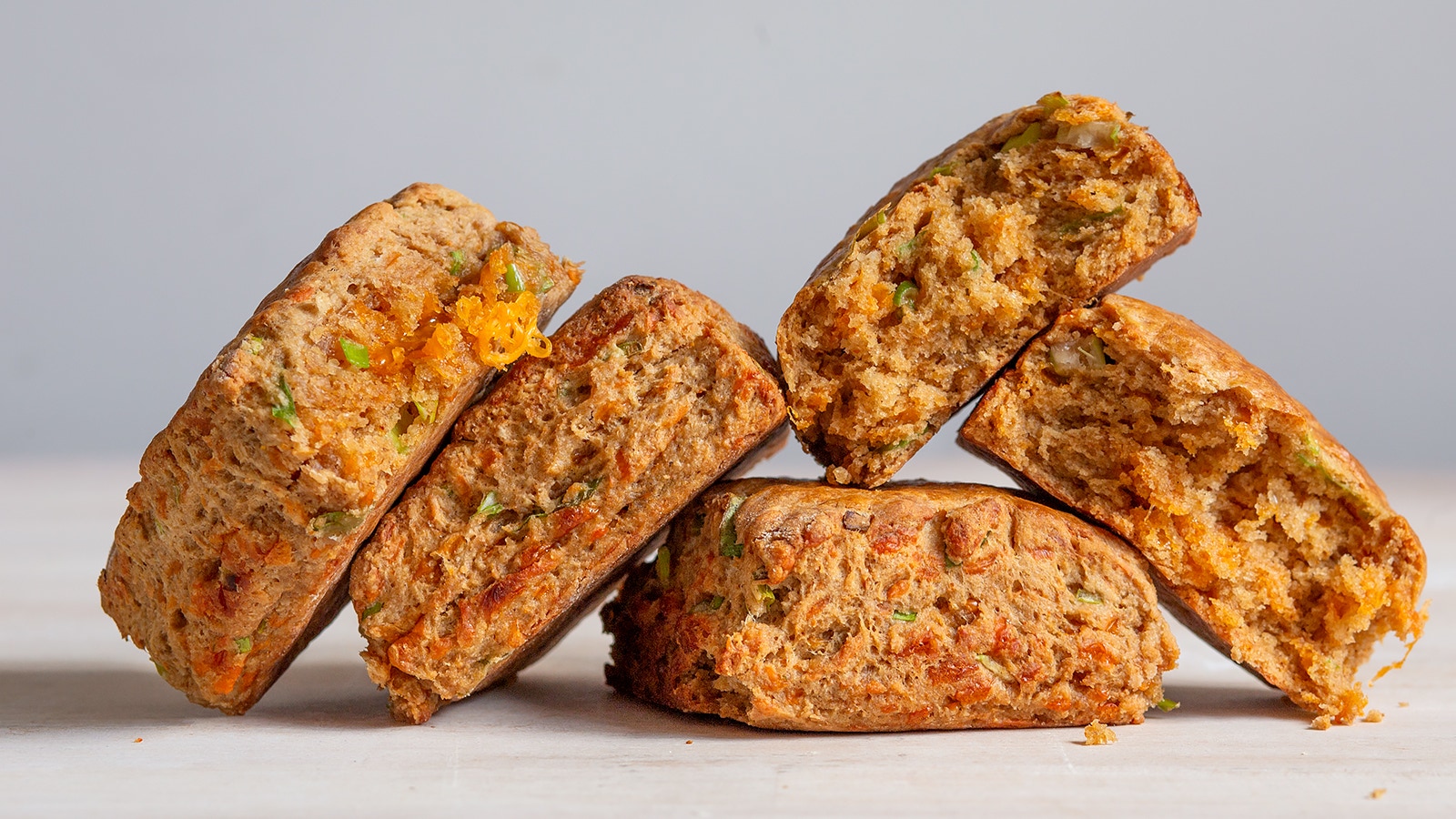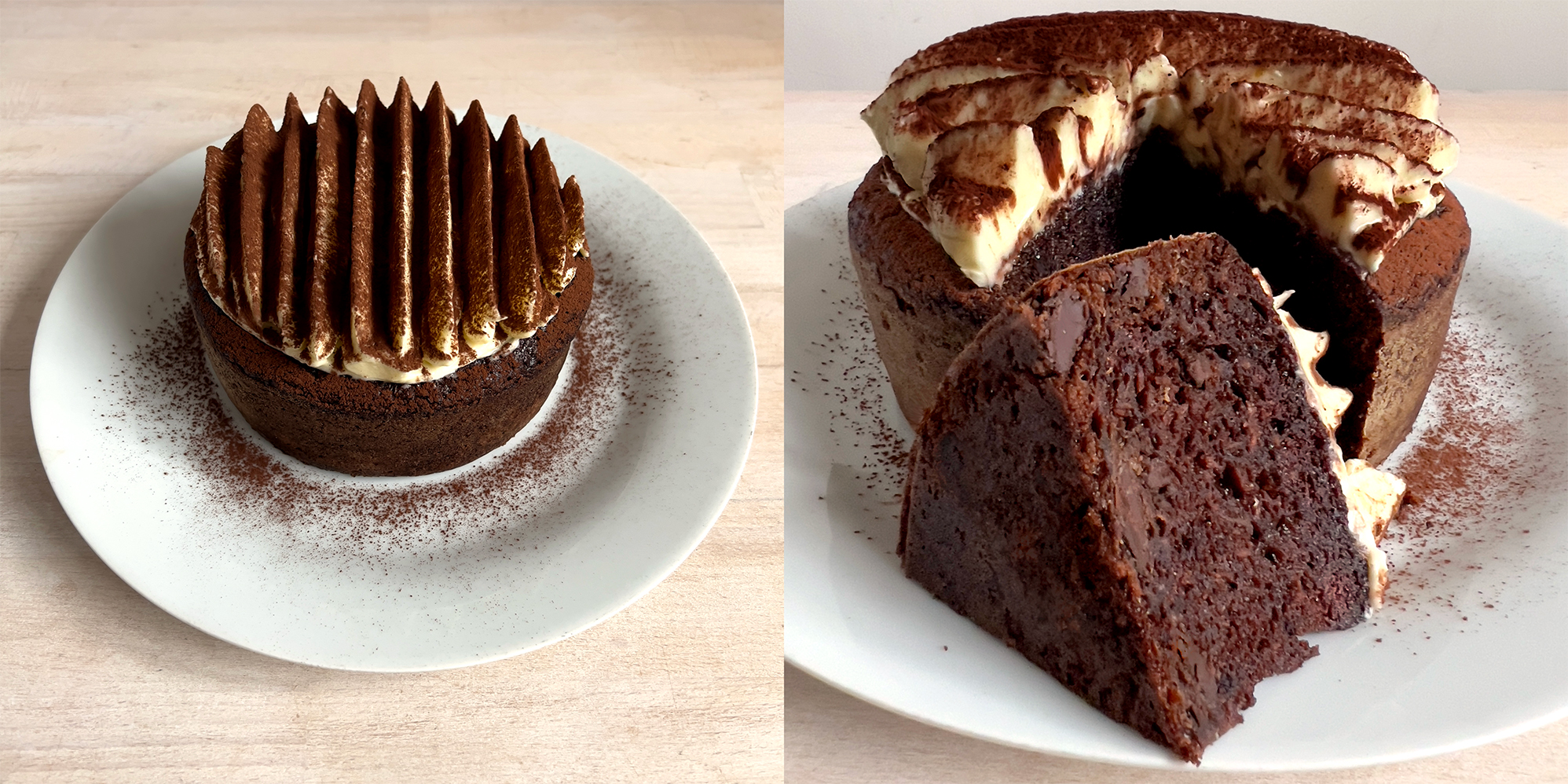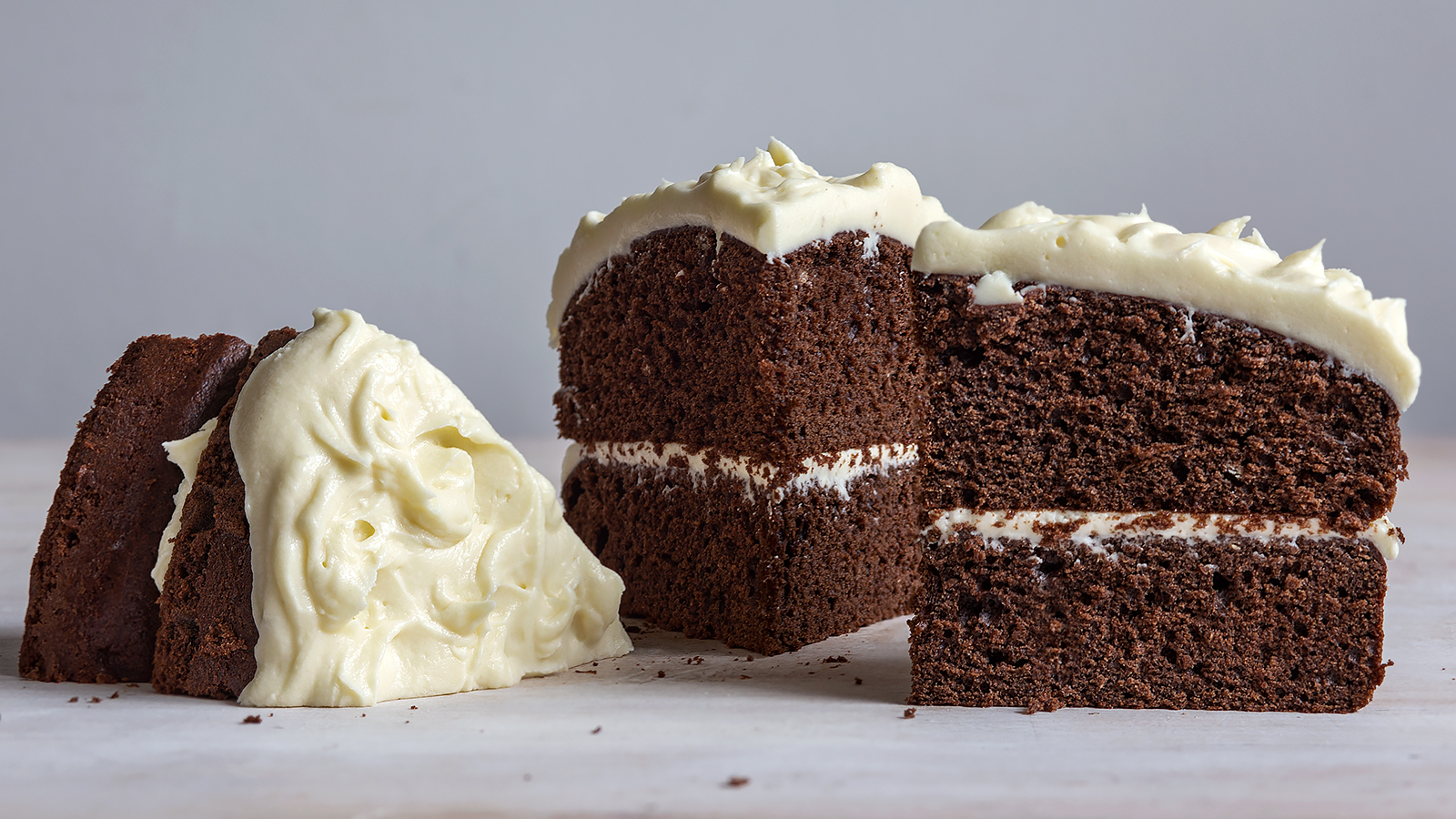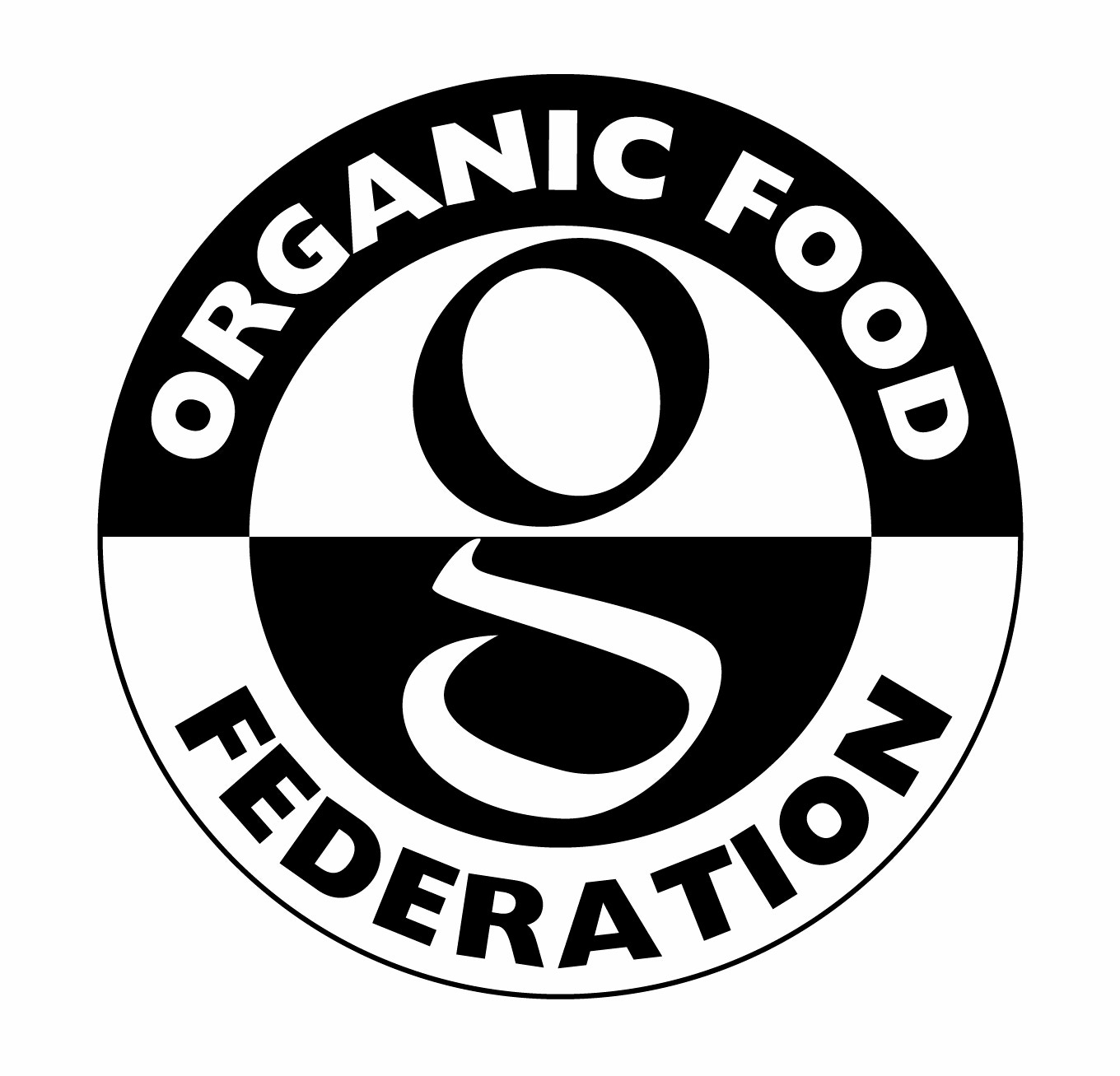Ok, so plain flour in the UK is "cake and pastry flour", am I right?
Maybe. Or not. The thing is, it’s not a specific thing, and that makes it hard to categorise. Bread flour – called strong flour in the UK – is generally assumed to have good levels of gluten, probably something around 11-14% protein, and score pretty well on strength and resilience tests; however plain flour doesn't have an accepted specification... so it could either be be great flour for cakes... or it might be extremely weak with a coarse granularity... or somewhere in-between. If it's very weak flour, cakes made with it could sink in the middle or shrink excessively when cooling, scones could turn out crumbly, pastry could fall apart. Has this happen to you? But, the same flour might also make amazing brownies, delicate cookies, perfect pancakes, the best shortbread.
The best flour chosen by the BakeryBits team… for brownies, delicate cookies, perfect pancakes:
Marriage's Finest Plain White Flour
WH Marriage's Finest Plain Flour has a light texture and bright white colour is very well suited to general baking.
Marriage's Organic Plain White Flour
The organic version of WH Marriage's Finest Plain Flour
Stoate's Organic Plain Flour
Milled at Cann Mills in Dorset, this plain flour is excellent for cookies, pancakes, muffins and all other recipes where lower protein levels are needed
Matthews Organic Plain Flour
Cotswold Organic Plain Flour from Matthews is a multi-purpose flour roller-milled for making pastry, cookies, shortbreads, sauces and many more delicious sweet and savoury products.
Now you're talking, sounds like the perfect flour if it's matched with the right recipe. But I've heard people talk about plain flour as low-value?
It’s that thing that therapists talk about – it is what it is – and often a chance for discovery. All flours to me are valuable, I just need to find the best use for them. My approach to plain flour initially is “go low”, make things with it that you’re not expecting to necessarily rise high and be light and airy, so any moist soft texture will be a benefit. Think banana bread, cheese scones, blondies, drop scones, wherever a moist and slightly puddingy texture will be an asset, use plain flour. There you go, a jam roly poly, plum duff, spotted dick…
Sounds delicious! Why isn’t there a specification for plain flour?
Good question. If you look in old craft baking books bakers will talk about specific biscuit flours, scone flours, cake flours (often bleached, as this helped it hold more sugar and fat in suspension), even Swiss-roll flours and fruit cake flour. Likewise bread bakers would have an assortment of different types of locally-grown British wheat varieties for different styles of bread baking. But for the home cook back then, when the relationship between the customer and the high street baker was strong, there wasn’t a huge need to bake at home.
So for cakes and scones, isn’t plain flour preferred because strong flour would make it too tough?
That’s the theory, however unless the plain flour has a medium level of gluten the cakes may not be able to hold their structure. You see, when the baking powder and liquid is heated together the gas produced needs to be trapped within the cake batter. Now eggs help hugely here, but still there’s a need for some gluten to hold everything in suspension, and not shrink and drop after baking. The other thing to remember is that butter and sugar will weaken the gluten in the flour, so the more butter and sugar a cake recipe contains, the more stress there is on the flour. Too much gluten, especially if the cakes contain milk or other liquid, would cause toughness so no need to get your best Manitoba bread flour out. But a low-cost bread flour will probably make for lighter cakes and scones than the cheapest plain flour.
The best flour chosen by the BakeryBits team… self-raising flour for cakes & sponges
Matthews Organic Plain Self-Raising Flour
Organic self-raising flour from a variety of high quality soft wheats with added baking powder making it just right for the lightest cakes.
Stoate's Organic Self-Raising Flour
The ideal cake-baking flour from the award-winning Stoates mill based in Dorset in a 1.5kg bag.
Marriage's Finest Self-Raising White Flour
WH Marriage's Finest Self-Raising Flour has a light texture and bright white colour is very well suited to baking sponges, scones, muffins etc.
Marriage's Organic Self-Raising White Flour
The organic version of WH Marriage's Finest Self-Raising White Flour
Now you're talking, sounds like the perfect flour if it's matched with the right recipe. But I've heard people talk about plain flour as low-value?
It’s that thing that therapists talk about – it is what it is – and often a chance for discovery. All flours to me are valuable, I just need to find the best use for them. My approach to plain flour initially is “go low”, make things with it that you’re not expecting to necessarily rise high and be light and airy, so any moist soft texture will be a benefit. Think banana bread, cheese scones, blondies, drop scones, wherever a moist and slightly puddingy texture will be an asset, use plain flour. There you go, a jam roly poly, plum duff, spotted dick…
Sounds delicious! Why isn’t there a specification for plain flour?
Good question. If you look in old craft baking books bakers will talk about specific biscuit flours, scone flours, cake flours (often bleached, as this helped it hold more sugar and fat in suspension), even Swiss-roll flours and fruit cake flour. Likewise bread bakers would have an assortment of different types of locally-grown British wheat varieties for different styles of bread baking. But for the home cook back then, when the relationship between the customer and the high street baker was strong, there wasn’t a huge need to bake at home.
So for cakes and scones, isn’t plain flour preferred because strong flour would make it too tough?
That’s the theory, however unless the plain flour has a medium level of gluten the cakes may not be able to hold their structure. You see, when the baking powder and liquid is heated together the gas produced needs to be trapped within the cake batter. Now eggs help hugely here, but still there’s a need for some gluten to hold everything in suspension, and not shrink and drop after baking. The other thing to remember is that butter and sugar will weaken the gluten in the flour, so the more butter and sugar a cake recipe contains, the more stress there is on the flour. Too much gluten, especially if the cakes contain milk or other liquid, would cause toughness so no need to get your best Manitoba bread flour out. But a low-cost bread flour will probably make for lighter cakes and scones than the cheapest plain flour.
So is it possible to make very light cakes with plain flour?
Well, I’ll tell you one thing, it’s easier with margarine. Mary Berry is correct there. Vegan butter I think it’s called today. The emulsifiers it contains help to hold the sugar and fat in suspension. You can also add more eggs, extra yolks (they help with emulsifying the fat and sugar too). You can fold a whisked egg white through at the end. And bake the cake in layers in tins not too broad: this follows my “go low” advice too.
What about making pastry with plain flour, any tips?
Yes, a combination of a little egg and icing sugar (as it dissolves superfast) helps to bind everything together into a smooth rolling dough. Don’t roll it super-thin until you’re sure it will hold up, and make sure for blind baking that it’s well-supported (non-stick paper and baking beads are lifesavers).
I read that it’s sometimes better to use t45-t55 French flour, or Italian 00 flour for cakes and pastries, is that true?
Well yes, it can be, but that’s in part because they will contain medium or even rather high gluten characteristics. Read our BakeryBits guide to the French T-system here, and our guide to the Italian 0-system here, to understand more. So though people will often talk about French and Italian flours as having low-gluten, that’s not necessarily the case.






















